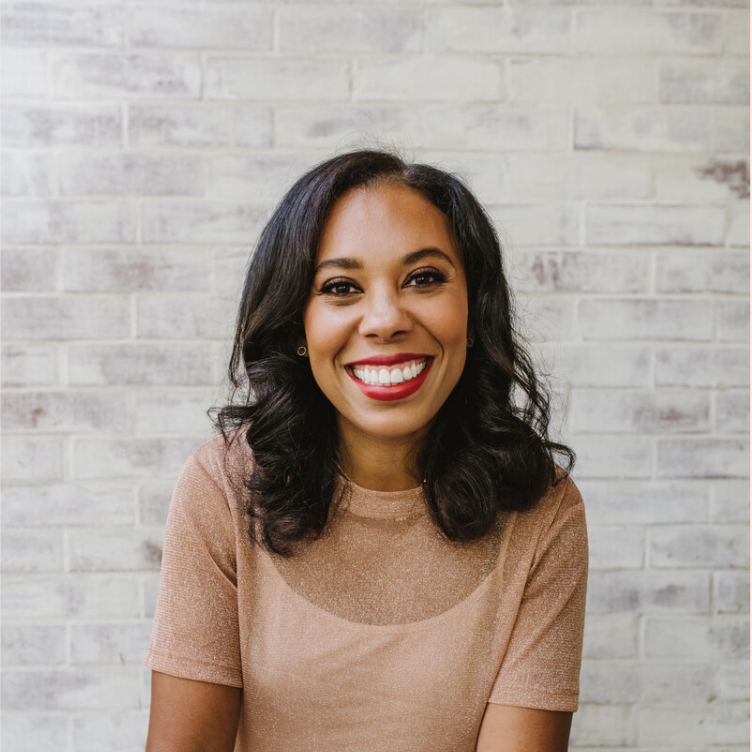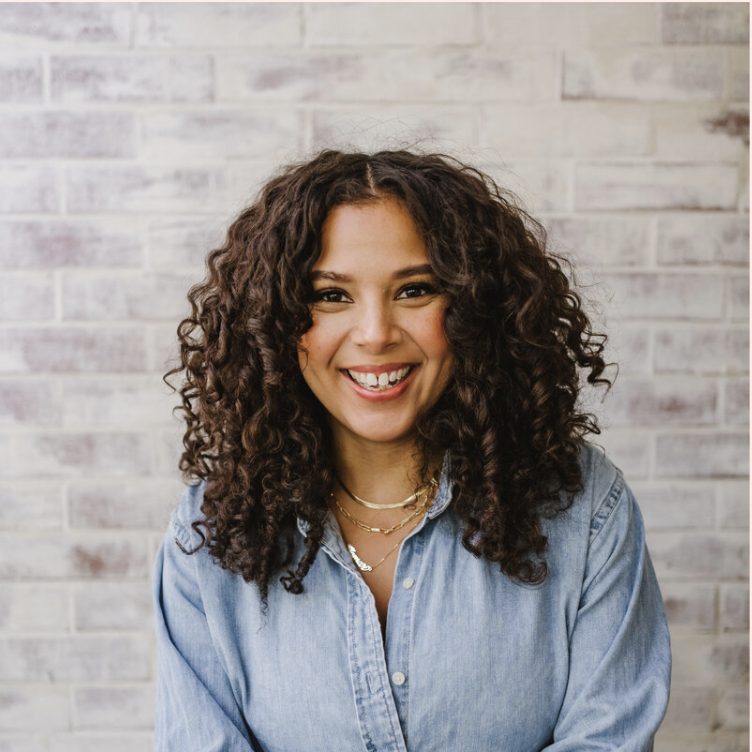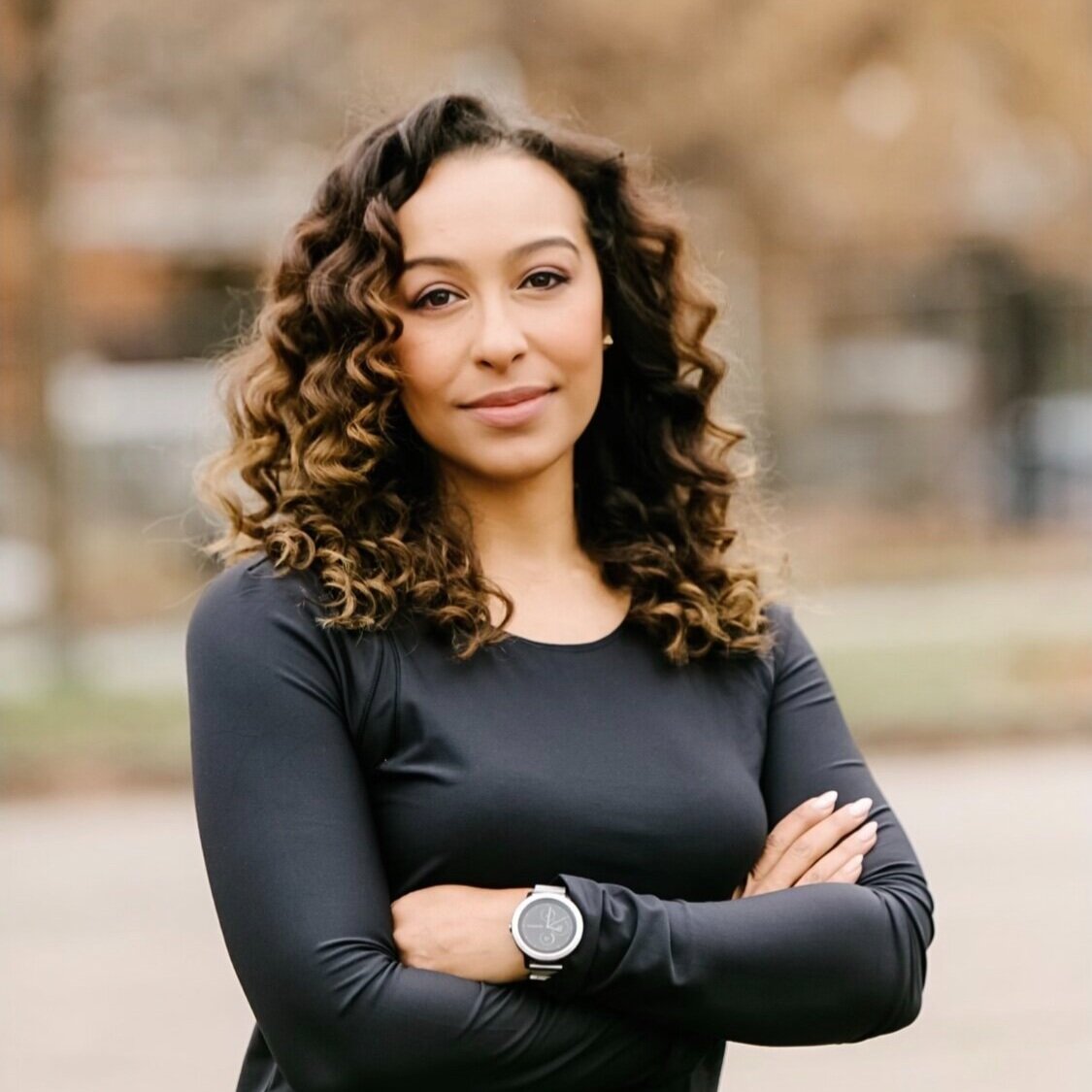Why it Matters Who’s Teaching You About Nutrition
By Na’Tasha Jones, Co-founder, RUNGRL
Registered dietitians Vanessa Rissetto and Tamar Samuels first found a connection as colleagues because of how lacking diverse voices were in their field. They were often the only faces of Color where they studied and worked, and they noticed the impact their presence had on the People of Color they counseled.
Earlier this year, Rissetto and Samuels launched Culina Health to provide personalized nutrition coaching and science-based online education. Their mission is “to carve out a much-needed accessible, non-intimidating space for BIPOC in the field of nutrition.”
“The dietetic field and wellness, in general, can be very whitewashed and elitist,” says Samuels. “We wanted to create a space for everyone (not just people of color) to access nutrition and wellness counseling, and focus on education in a really accessible way.”
Rissetto, who is also the dietetic interim director at New York University, helps groom and train new dietitians.
“Vanessa has really been paving the way for people like me to get more involved,” Samuels says. “There is a lot of work to do to bring people to the field and recruit more People of Color.”
The Need for Diversity in Dietetics
But why does it matter what your dietician looks like or who treats whom? The answer comes down to access, health disparities and representation.
“When you don’t see people who look like you providing nutrition treatment...it can all start to seem like those habits aren’t for you.”
Healthline explains, “The social determinants of health, including race, age, where we live and access to healthcare can affect everything from nutrition to employment opportunities. They set the stage for overall well-being.” When certain racial, ethnic or socioeconomic groups experience a lower quality of healthcare and wellness access, these are known as health disparities.
People experiencing diet-related disparities are also more likely to die as a result of diet-related chronic diseases like heart disease, high blood pressure, cancer and diabetes.*
Only 2.6 percent of registered dietitians are Black**, which makes it unlikely that Black people seeking nutrition support would be getting help from someone who looks like them.
Rissetto told Byrdie in an interview earlier this year, "We can infer from these numbers that it might be difficult for BIPOC to seek nutrition counseling from people they have a difficult time relating to,” she said.
Additionally, people in underserved communities can be intimidated to go to their doctors when they don’t have access to proper healthcare and nutrition or education about things like the food pyramid.
“Inherently people want to feel good, they want energy. But if you don’t have access to a grocery store near where you live or education on how to prepare fresh veggies, those things won’t be a part of your nutrition habits,” she says.
It’s also important that dietitians and other practitioners understand their clients’ cultures and their practices around food, including cultural foods, cooking styles, and meal and snack patterns.
“Having representation is so important when it comes to creating a space where people feel seen and supported,” says Samuels. “When you don’t see people who look like you providing nutrition treatment, or when the images you see of ‘healthy people’ don’t look like you or how you want to look, it can all start to seem like those habits aren’t for you.”
Taking the First Steps
How, then can we hope to address this lack of access to proper nutrition resources both personally and in our communities?
“The first step is dialogue,” says Samuels. “I think that talking about our bodies and health is still very much taboo.”
Samuels believes that we have to start by making it okay to talk about these things that are so personal.
Related Stories
“Having a dialogue about loving your body and how you look versus problems that need to be addressed,” she says. “There’s so much shame around health. People feel like they have the internet and they should already know these things. But it’s not about knowledge, it’s about support.”
One of the biggest misconceptions Samuels sees from her clients is them blaming themselves for not being able to do it on their own.
“You can’t keep doing the same things and expect different results, but these behaviors and habits can be difficult to change after a lifetime of incorrect behaviors. It's neuroscience,” she says.
Unlearning behaviors is hard for anyone. It’s important to start by giving yourself grace.
“Some think it’s a personal character flaw that they can’t seem to get to a certain place or get the results they want, but it’s really about getting help to get to that place,” she says.
“Ask yourself, ‘Where’s the missing link?’ If you keep trying all these diet plans and exercise plans and they’re not working, then you have to find the missing link. Figure out what changes you need to make and determine how you need to execute them,” says Samuels.
“Once you create that plan and have a support system, it’s easier to get help.”
| Experts Featured in this Story |
Nutrition has a diversity problem. These specialists want to fix that. Vanessa Rissetto, MS, RD and Tamar Samuels, MS, RD are co-founders of Culina Health. Get your dose of nutrition education or sign up for online coaching with highly-trained, inclusive and culturally-competent experts at CulinaHealth.com.
Article notes:
*Diet-related Disparities: Understanding The Problem And Accelerating Solutions. Jessie A. Satia, PhD, MPH. National Institutes of Health.
**Registered Dietitian (Rd) And Registered Dietitian Nutritionist (Rdn) By Demographics, Commission on Dietetic Registration. Academy of Nutrition and Dietetics. Dec. 7, 2020.
Medical Disclaimer: The information contained above does not and is not intended to convey medical advice and does not constitute the practice of medicine. Always seek the advice of a physician before beginning any fitness program. See full terms of use for additional details.
Na’Tasha Jones
Co-founder + Chief Content Officer






